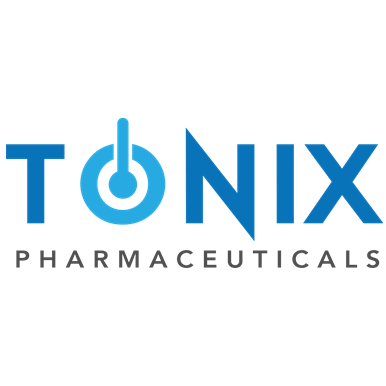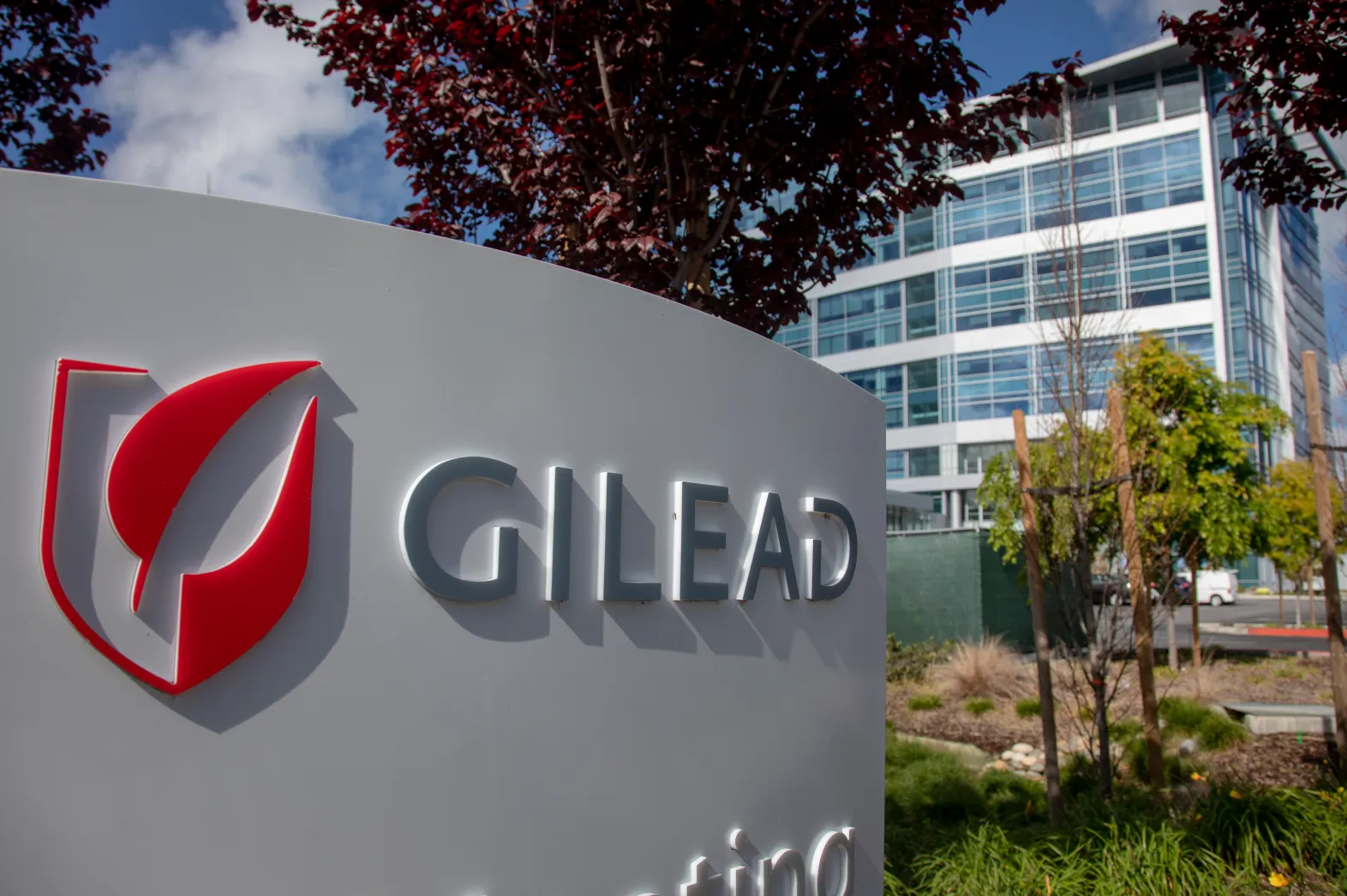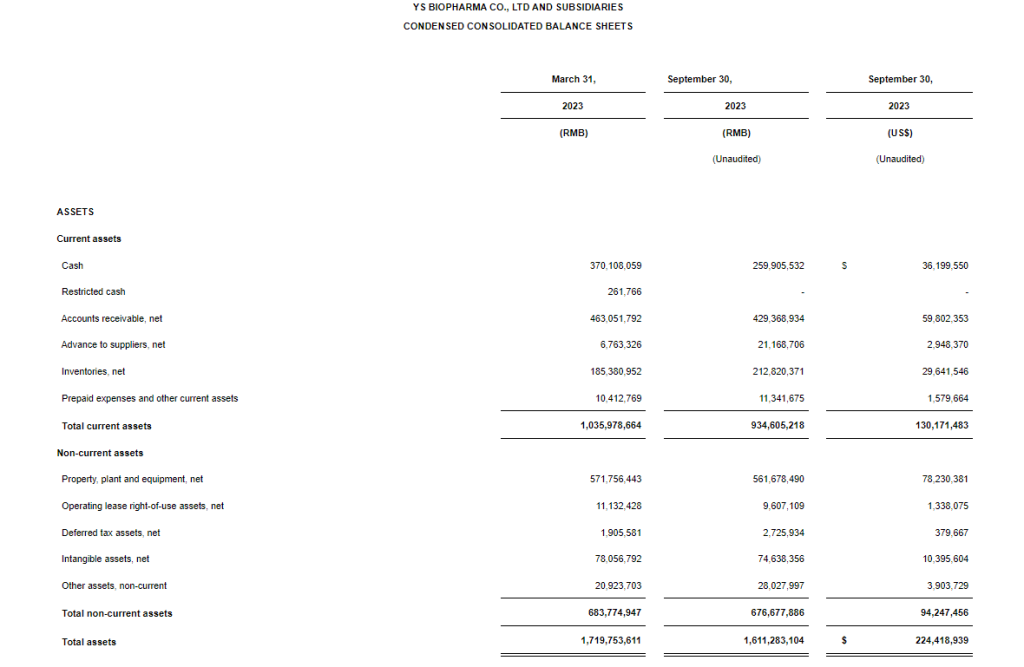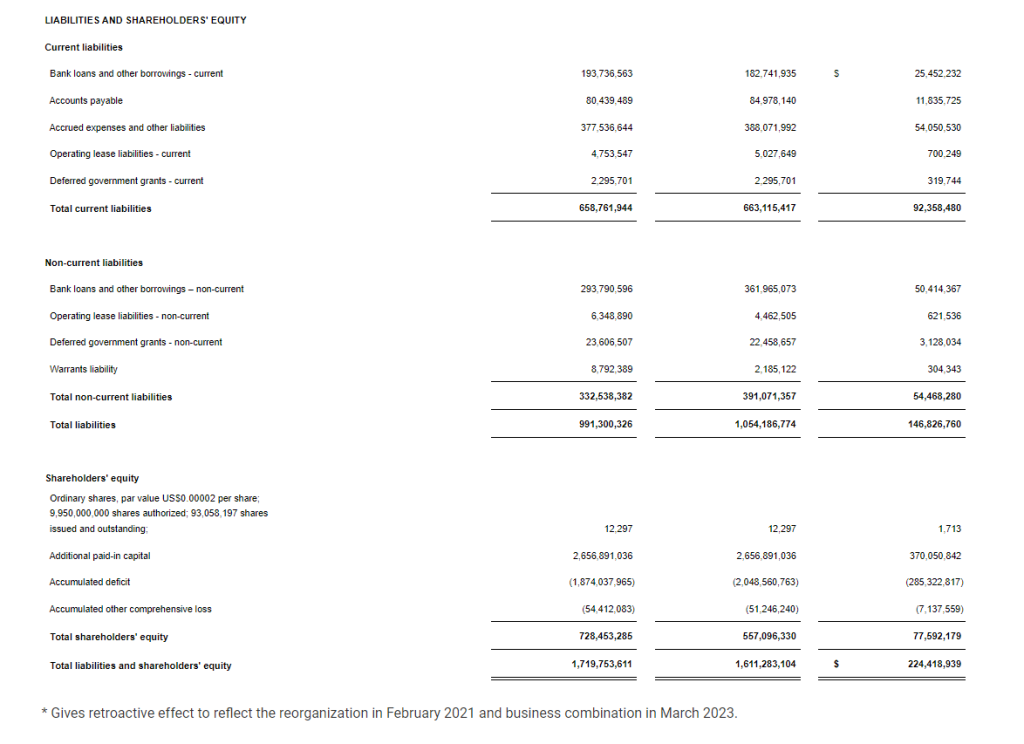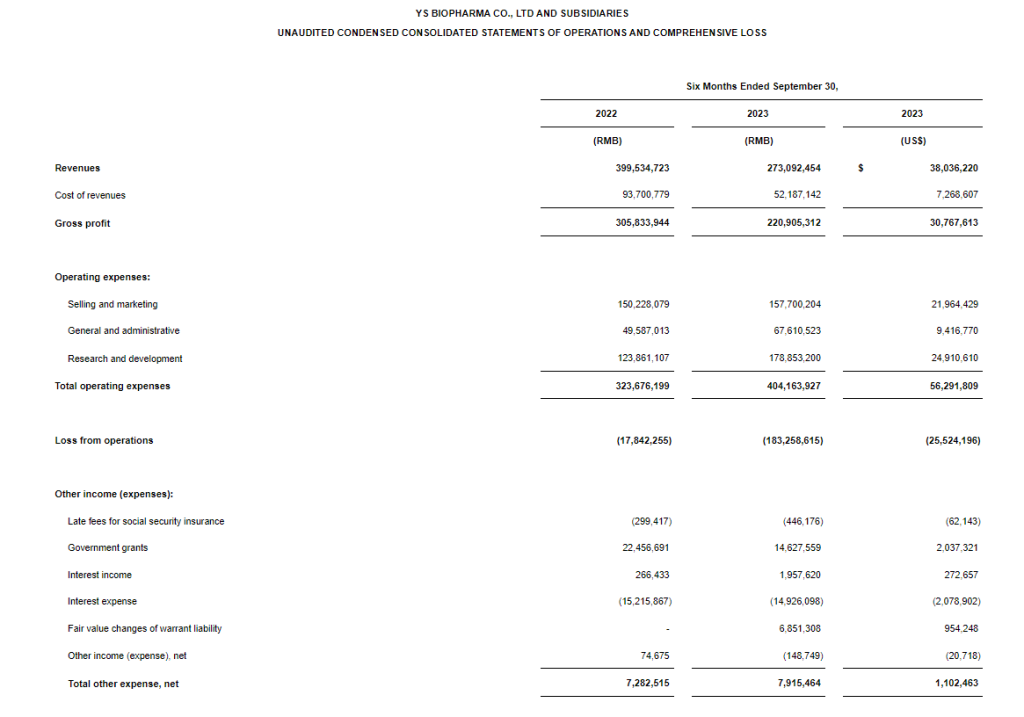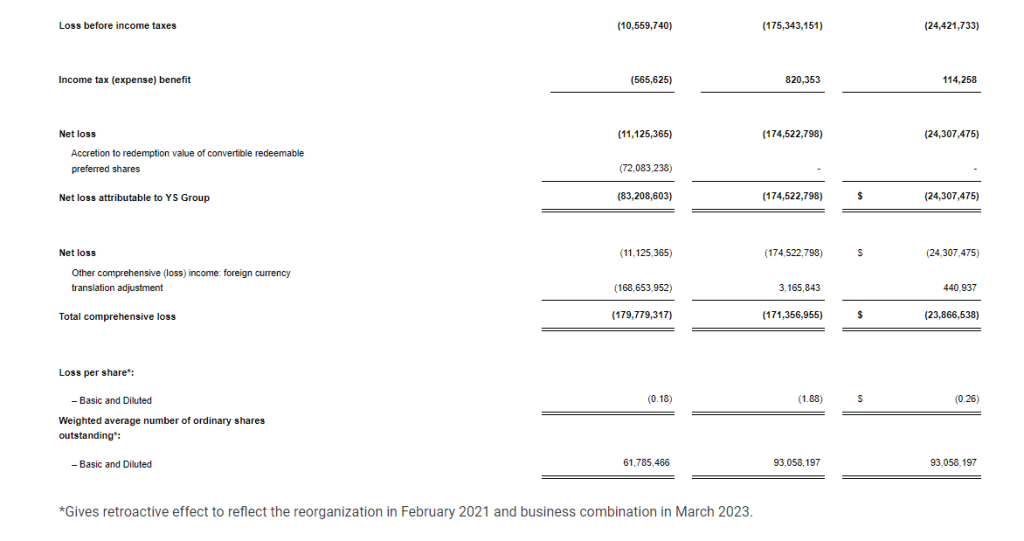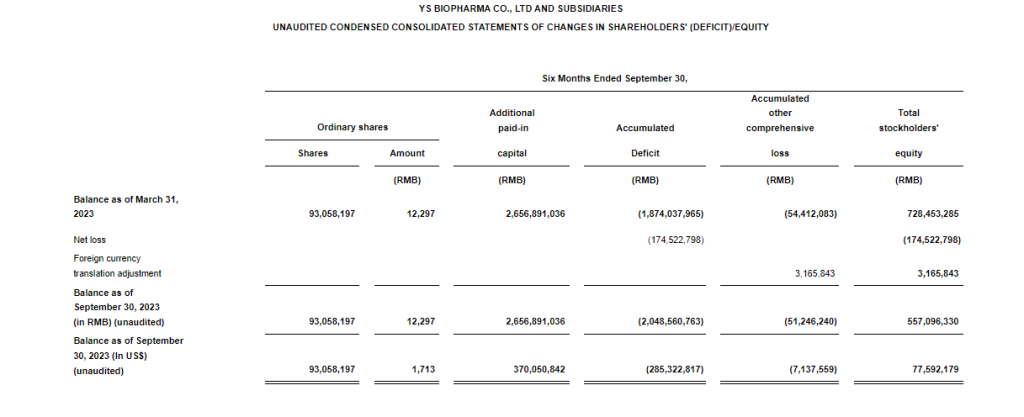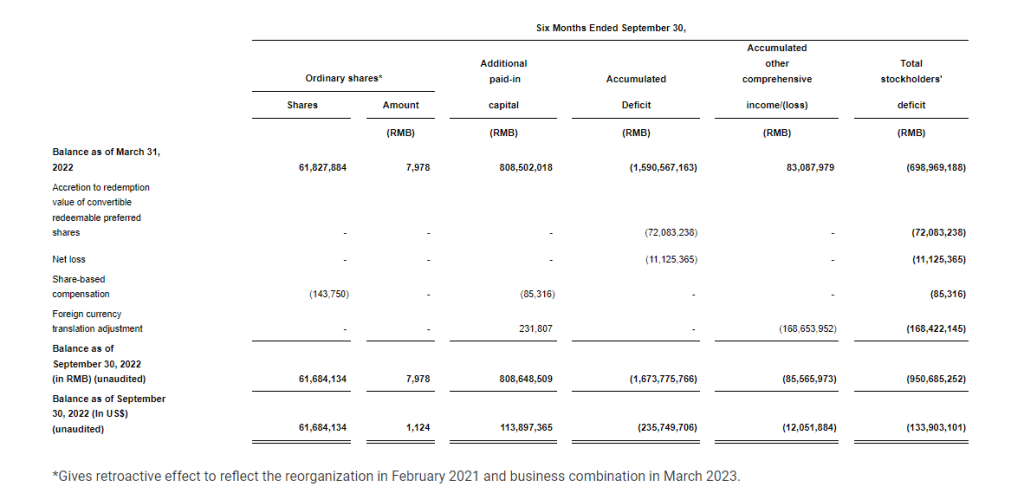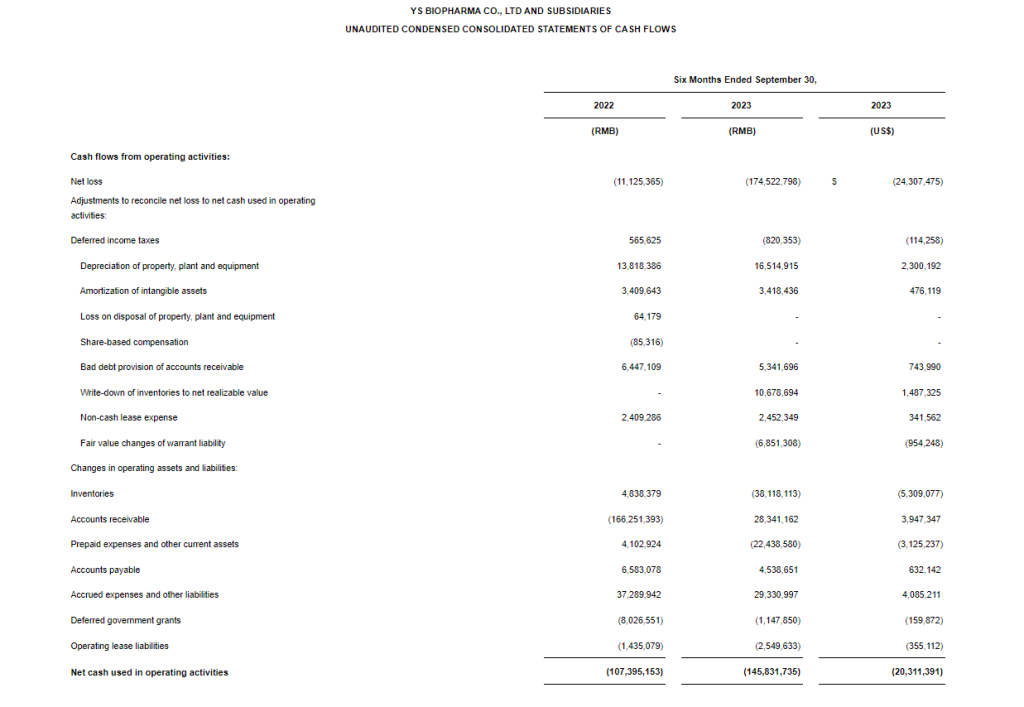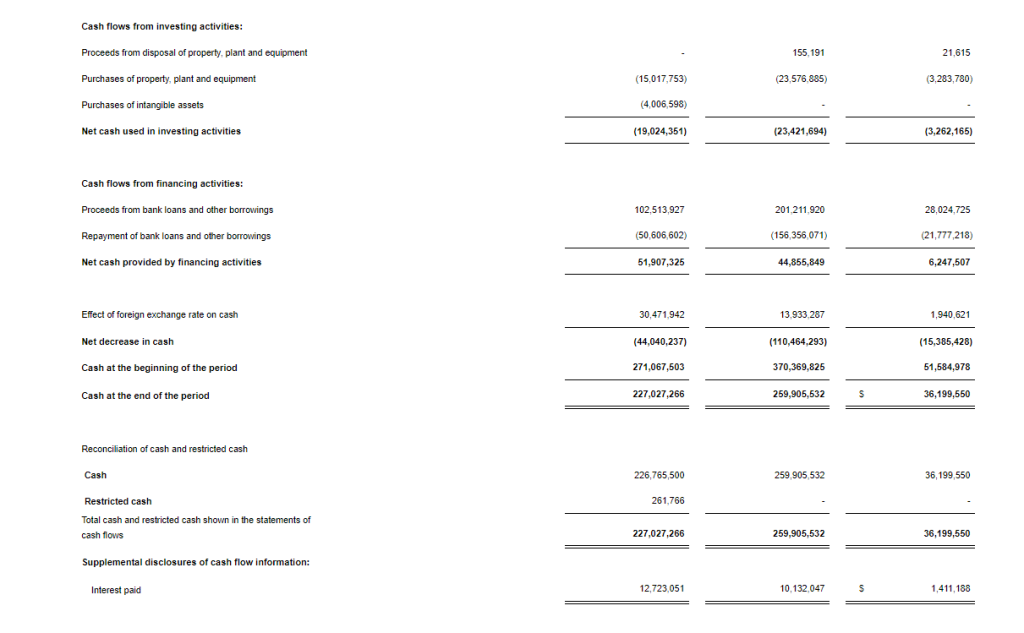
Research News and Market Data on ZVSA
Jan 31, 2024
Insulin resistance (IR), a common feature of childhood obesity which affects 15 million children and adolescents, is the main driver of obesity-related metabolic complications such as Type 2 diabetes, hypertension, and premature heart disease.
- This study demonstrated that NLRP3 inflammasome activation was highest in obese children with the worst metabolic profile (higher serum glucose levels, a late insulin response to glucose tolerance tests, adverse serum lipid profiles, and higher oxidative stress (based on ROS levels).
- ZyVersa is developing Inflammasome ASC Inhibitor IC 100 which inhibits NLRP3 and other types of inflammasomes and their associated ASC specks to attenuate initiation and perpetuation of damaging inflammation.
WESTON, Fla., Jan. 31, 2024 (GLOBE NEWSWIRE) — ZyVersa Therapeutics (Nasdaq: ZVSA, or “ZyVersa”), a clinical-stage specialty biopharmaceutical company developing first-in-class drugs for treatment of renal and inflammatory diseases, highlights an article published in the peer-reviewed Journal of Translational Medicine supporting that NLRP3 activation is associated with a pathologic inflammatory response in obese children with insulin resistance and increased risk of developing metabolic complications. Inflammation and oxidative stress, which are closely related pathophysiological processes, one of which can be easily induced by the other, are key drivers for developing metabolic complications, such as type 2 diabetes and cardiovascular disease, in this population.
In the paper titled, “Altered insulin secretion dynamics relate to oxidative stress and inflammasome activation in children with obesity and insulin resistance,” the authors conducted a case-controlled study of 132 children who were either lean or obese. The obese group was segmented into those with or without insulin resistance, and those with insulin resistance were segmented into those with an early and late insulin response to glucose as determined by an oral glucose tolerance test (OGTT).
The researchers reported the following key findings in Children with obesity, insulin resistance, and increased risk of metabolic complications:
- Higher levels of NLRP3 and its effector proteins (active IL-1β, caspase-1, and gasdermin D) in peripheral blood mononuclear cells (PBMCs) and serum compared to the other groups studied, indicative of NLRP3 activation and an inflammatory response.
- Higher levels of uric acid versus the other groups, a well-known trigger of NLRP3 activation.
- Increased levels of oxidative stress and oxidative damage versus the other groups.
The authors concluded, “It is insulin response to an OGTT that identifies children with obesity suffering oxidative stress, and inflammasome activation more specifically. Uric acid could be mediating this pathological inflammatory response by activating NLRP3 in peripheral blood mononuclear cells.”
To read the article, Click Here.
“Childhood obesity, which has increased more than 8-fold over the last 40 years, is an alarming health problem today due to the increased risk for developing type 2 diabetes, early heart disease, and other co-morbidities,” commented Stephen C. Glover, ZyVersa’s Co-founder, Chairman, CEO, and President. “The research published in the Journal of Translational Medicine points to a significant role for inflammasome-mediated inflammation and oxidative stress in development of metabolic complications in obese children. ZyVersa is developing Inflammasome ASC Inhibitor IC 100 designed to inhibit NLRP3 and other types of inflammasomes and their associated ASC specks to attenuate initiation and perpetuation of inflammation, which may have therapeutic potential to alleviate metabolic complications of childhood obesity with early intervention.”
To review a white paper summarizing the mechanism of action and preclinical data for IC 100, Click Here.
About Inflammasome ASC Inhibitor IC 100
IC 100 is a novel humanized IgG4 monoclonal antibody that inhibits the inflammasome adaptor protein ASC. IC 100 was designed to attenuate both initiation and perpetuation of the inflammatory response. It does so by binding to a specific region of the ASC component of multiple types of inflammasomes, including NLRP1, NLRP2, NLRP3, NLRC4, AIM2, Pyrin. Intracellularly, IC 100 binds to ASC monomers, inhibiting inflammasome formation, thereby blocking activation of IL-1β early in the inflammatory cascade. IC 100 also binds to ASC in ASC Specks, both intracellularly and extracellularly, further blocking activation of IL-1β and the perpetuation of the inflammatory response that is pathogenic in inflammatory diseases. Because active cytokines amplify adaptive immunity through various mechanisms, IC 100, by attenuating cytokine activation, also attenuates the adaptive immune response.
About ZyVersa Therapeutics, Inc.
ZyVersa (Nasdaq: ZVSA) is a clinical stage specialty biopharmaceutical company leveraging advanced, proprietary technologies to develop first-in-class drugs for patients with renal and inflammatory diseases who have significant unmet medical needs. The Company is currently advancing a therapeutic development pipeline with multiple programs built around its two proprietary technologies – Cholesterol Efflux Mediator™ VAR 200 for treatment of kidney diseases, and Inflammasome ASC Inhibitor IC 100, targeting damaging inflammation associated with numerous CNS and other inflammatory diseases. For more information, please visit www.zyversa.com.
Cautionary Statement Regarding Forward-Looking Statements
Certain statements contained in this press release regarding matters that are not historical facts, are forward-looking statements within the meaning of Section 21E of the Securities Exchange Act of 1934, as amended, and the Private Securities Litigation Reform Act of 1995. These include statements regarding management’s intentions, plans, beliefs, expectations, or forecasts for the future, and, therefore, you are cautioned not to place undue reliance on them. No forward-looking statement can be guaranteed, and actual results may differ materially from those projected. ZyVersa Therapeutics, Inc (“ZyVersa”) uses words such as “anticipates,” “believes,” “plans,” “expects,” “projects,” “future,” “intends,” “may,” “will,” “should,” “could,” “estimates,” “predicts,” “potential,” “continue,” “guidance,” and similar expressions to identify these forward-looking statements that are intended to be covered by the safe-harbor provisions. Such forward-looking statements are based on ZyVersa’s expectations and involve risks and uncertainties; consequently, actual results may differ materially from those expressed or implied in the statements due to a number of factors, including ZyVersa’s plans to develop and commercialize its product candidates, the timing of initiation of ZyVersa’s planned preclinical and clinical trials; the timing of the availability of data from ZyVersa’s preclinical and clinical trials; the timing of any planned investigational new drug application or new drug application; ZyVersa’s plans to research, develop, and commercialize its current and future product candidates; the clinical utility, potential benefits and market acceptance of ZyVersa’s product candidates; ZyVersa’s commercialization, marketing and manufacturing capabilities and strategy; ZyVersa’s ability to protect its intellectual property position; and ZyVersa’s estimates regarding future revenue, expenses, capital requirements and need for additional financing.
New factors emerge from time-to-time, and it is not possible for ZyVersa to predict all such factors, nor can ZyVersa assess the impact of each such factor on the business or the extent to which any factor, or combination of factors, may cause actual results to differ materially from those contained in any forward-looking statements. Forward-looking statements included in this press release are based on information available to ZyVersa as of the date of this press release. ZyVersa disclaims any obligation to update such forward-looking statements to reflect events or circumstances after the date of this press release, except as required by applicable law.
This press release does not constitute an offer to sell, or the solicitation of an offer to buy, any securities.
Corporate and IR Contact:
Karen Cashmere
Chief Commercial Officer
kcashmere@zyversa.com
786-251-9641
Media Contacts
Tiberend Strategic Advisors, Inc.
Casey McDonald
cmcdonald@tiberend.com
646-577-8520
Dave Schemelia
dschemelia@tiberend.com
609-468-9325


